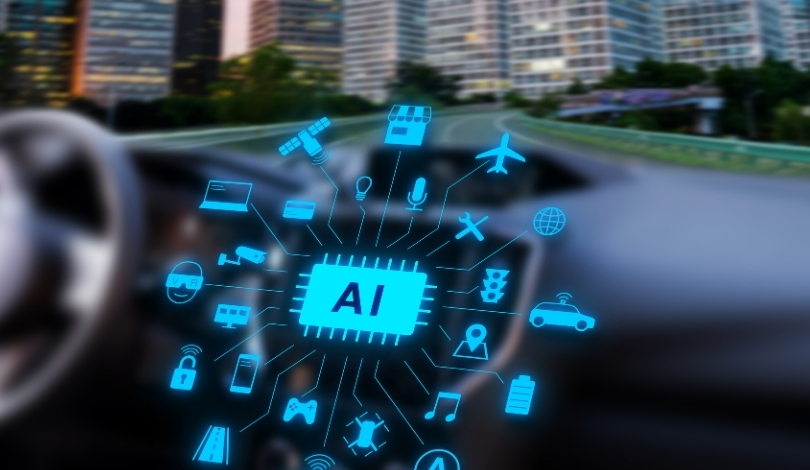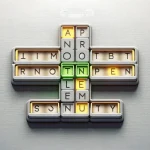Developers in the Web3 sector are responding to new demands brought by the rapid integration of AI-based coding assistants. The emergence of AI-driven coding tools tailored for blockchain is shifting the development landscape for decentralized applications (dApps), smoothing the path for both seasoned engineers and newcomers. As coding tools become more specialized for blockchain programming, traditional AI code generators like GitHub Copilot and Devin no longer meet the specific requirements of smart contract development. This shift highlights the growing divide between generalized software solutions and niche, industry-focused tools.
Several earlier releases of AI coding assistants for Web3 concentrated primarily on basic code autocompletion and syntax support. More recent updates, however, focus on end-to-end contract generation and verification features. Many older platforms did not address code security audits or cross-chain compatibility, key aspects that the latest platforms emphasize. Industry commentary has reflected on the evolving role of verification, automation, and usability in distinguishing the newest Web3 coding platforms from previous efforts that lacked these robust controls.
What makes Dreamspace, Thirdweb AI, and ChainGPT distinct?
Dreamspace, born out of collaboration between Space and Time and MakeInfinite Labs, blends natural language prompts with zero-knowledge proofs to automate the creation of Solidity smart contracts. Its proof-of-SQL consensus mechanism brings cryptographic verification to off-chain data calls. A company spokesperson at Space and Time stated,
“Our system enables each off-chain query to be verifiable, ensuring trust through every stage of dApp development.”
Thirdweb AI offers a chat-based interface for producing and instantly deploying audited ERC-20, ERC-721, and ERC-4337 contracts, functioning across EVM-compatible blockchains.
How are autonomous agents and sandbox environments influencing workflows?
ChainGPT provides smart contract generation using natural language and integrates an auditing tool to check for vulnerabilities, issuing revised code as necessary. It also contains a gas cost estimator, helping users forecast transaction expenses. At the organizational level, AutonomyAI introduces the Agentic Context Engine (ACE), allowing AI agents to interpret coding styles and workflows unique to each business. According to an AutonomyAI representative,
“Our agents can work seamlessly across languages and rapidly output full-stack dApps, even for teams unfamiliar with Solidity.”
BuildBear AI Playgrounds complements these tools by offering disposable forked testnets for robust dApp testing before mainnet deployment.
Are new verification standards changing developer expectations?
Auditing and verification capabilities featured by tools like Dreamspace and ChainGPT are shifting the expectations around code reliability for automated smart contract generation. These functionalities provide cryptographic proofs and iterative testing, reducing the risks associated with deploying unverified code to production blockchains. The adoption of these standards encourages wider participation, including those transitioning from Web2 to Web3 development without deep blockchain expertise.
There is a noticeable trend toward integrating auditing, code generation, and disposable testing environments—indicating a maturing Web3 software development ecosystem. Leveraging tools designed specifically for blockchain programming allows teams to reduce the knowledge barrier and build decentralized applications more rapidly. Prospective users should note that many of these platforms remain in active development or beta release, so reliability may continue to evolve alongside community input.
AI-powered coding platforms tailored for Web3 development are promoting faster smart contract creation, enhanced verification, and broader accessibility for developers previously sidelined by blockchain complexity. Beyond automating common tasks, integrated verification and real-world testing functions now distinguish the latest generation of coding tools. For teams building dApps or smart contracts, familiarity with platforms such as Dreamspace, Thirdweb AI, ChainGPT, AutonomyAI, and BuildBear can minimize both learning curves and operational risks. Evaluating the specific strengths of each product, from cryptographic proofs to customizable testing environments, will be important for choosing a solution that aligns with project security requirements and workflow preferences. The industry’s continued focus on verification and usability indicates these AI-powered solutions will remain central to Web3 software development strategies, even as the underlying technology matures.










